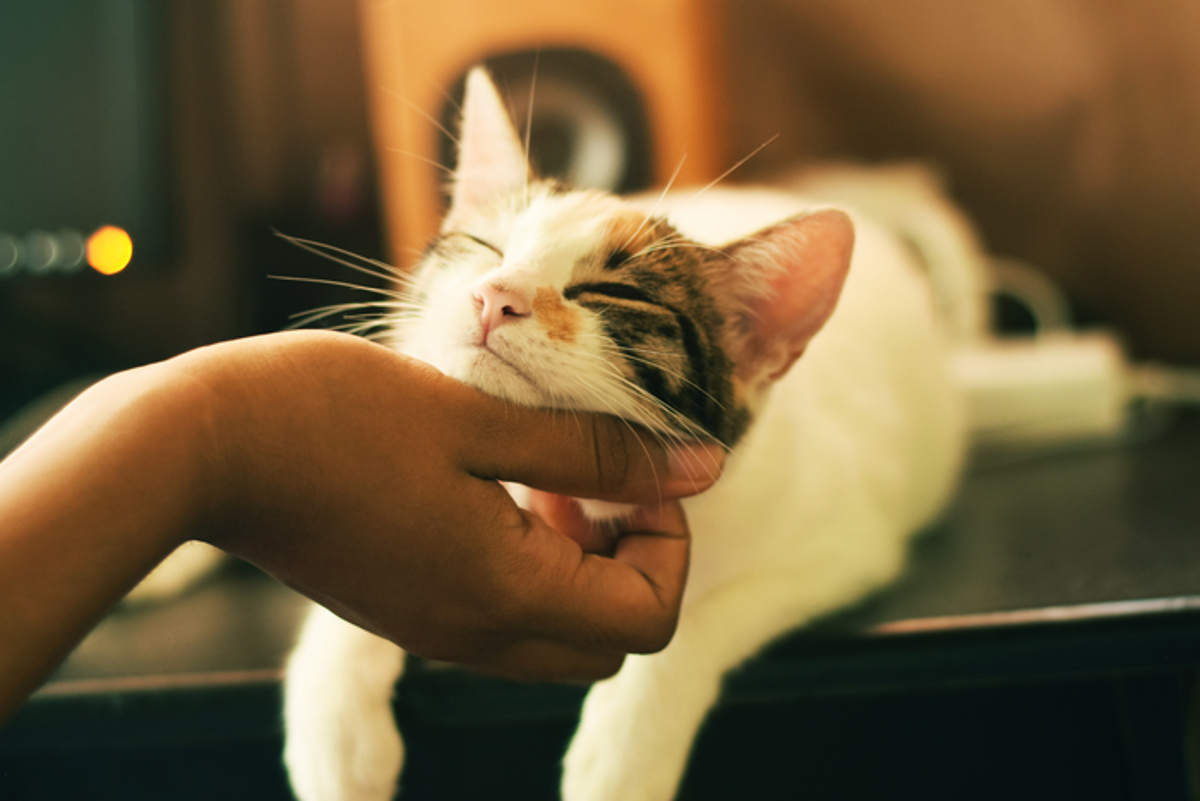Cats first bonded with humans after invention of farming, study decodes

Humans developed close bonds with cats after they first made the switch from hunter-gatherers to farmers nearly 10,000 years ago as the felines began serving as pest control in the first civilizations, a new study confirms.
The research, published recently in the journal Heredity, suggests the world’s first domestication of cats was sparked by this lifestyle transition that led to humans establishing increasingly larger settlements after inventing agriculture.
Wildcats that lived about 12,000 years ago capitalised on the increased density of rodents around the first grain stores and early human societies also benefited from cats preying on these vermin, researchers from the University of Missouri in the US explained.
Cat domestication initiated as a mutually beneficial relationship between wildcats and the peoples of developing agrarian societies in the Fertile Crescent – a crescent-shaped region in the Middle East that includes modern-day Syria, Iraq, Lebanon, Palestine, Israel and Jordan.
In the study, scientists collected and analysed DNA from cats in and around the Fertile Crescent area, as well as throughout Europe, Asia and Africa.
Researchers compared nearly 200 different genetic markers, assessing the sequence of building block base molecules in DNA – adenine, guanine, thymine and cytosine.
They analysed markers known as microsatellites – which are sections of repetitive DNA bases that mutate very quickly and can give clues about recent cat populations and breed developments over the past few 100 years.
Scientists also assessed and compared other DNA markers, known as single nucleotide polymorphisms (SNPs), which are single-base molecule changes all throughout the genome.
SNPs can provide clues about their ancient history several thousands of years ago.
“By studying and comparing both markers, we can start to piece together the evolutionary story of cats,” study co-author Leslie A Lyons explained.
The findings suggested cats were likely first domesticated only in the Fertile Crescent about 12,000 years ago.
Then as humans began to travel the world, they brought their new feline friends along with them, researchers pointed out.
Over thousands of years, as feline genes were passed down to kittens throughout generations, the genetic makeup of cats across the world has diverged.
Citing an example, scientists said the genetic makeup of cats in western Europe is far different now from those in southeast Asia – a process known as “isolation by distance”.
This is in contrast to what studies have shown about horses and cattle, which likely saw various domestication events caused by humans in different parts of the world at various times.
“We can actually refer to cats as semi-domesticated, because if we turned them loose into the wild, they would likely still hunt vermin and be able to survive and mate on their own due to their natural behaviors,” explained Dr Lyons, who has researched feline genetics for more than 30 years.
“Unlike dogs and other domesticated animals, we haven’t really changed the behaviors of cats that much during the domestication process, so cats once again prove to be a special animal,” she said.
Scientists call for further studies including data from several other wildcat species from Iraq, Iran, the Indus Valley region and northwestern India to further explain the genetic variation seen in cat populations.
“Genetic and archeological studies from pre-farming cats would be an important addition in further clarifying the cat domestication process,” researchers wrote in the study.
For all the latest Science News Click Here
For the latest news and updates, follow us on Google News.

